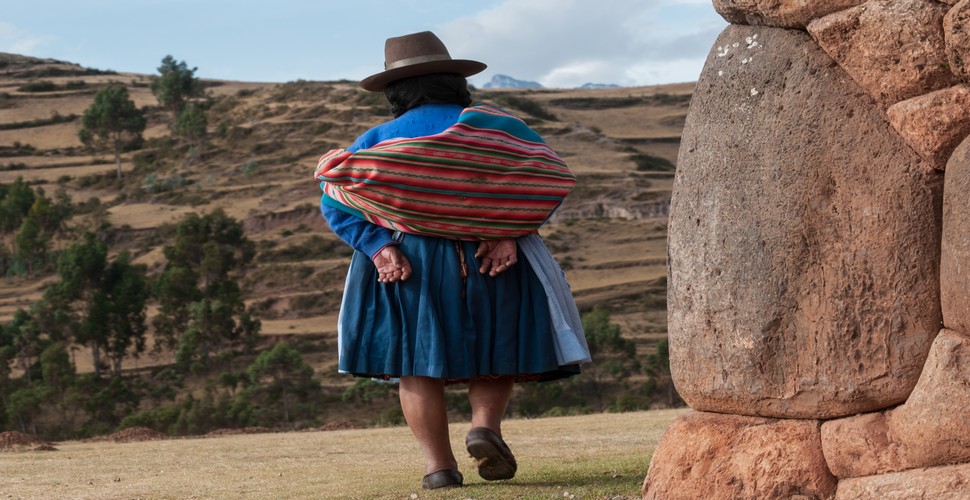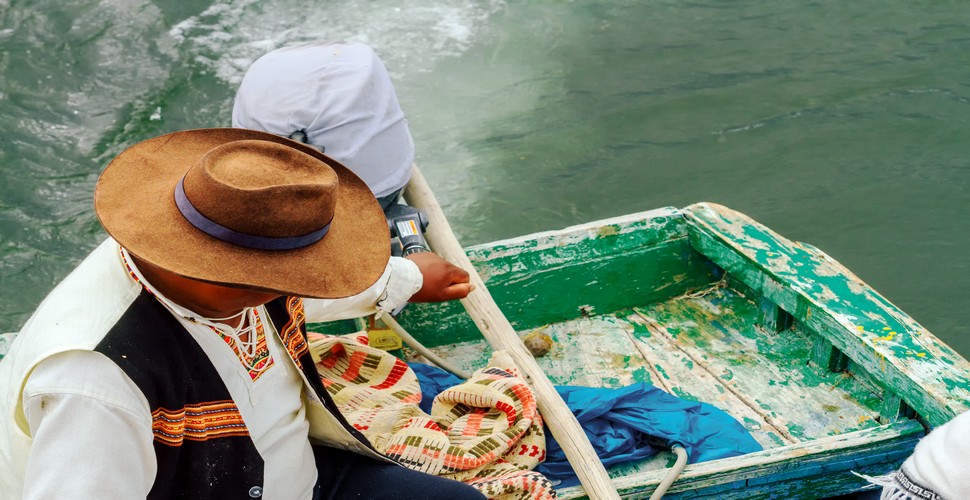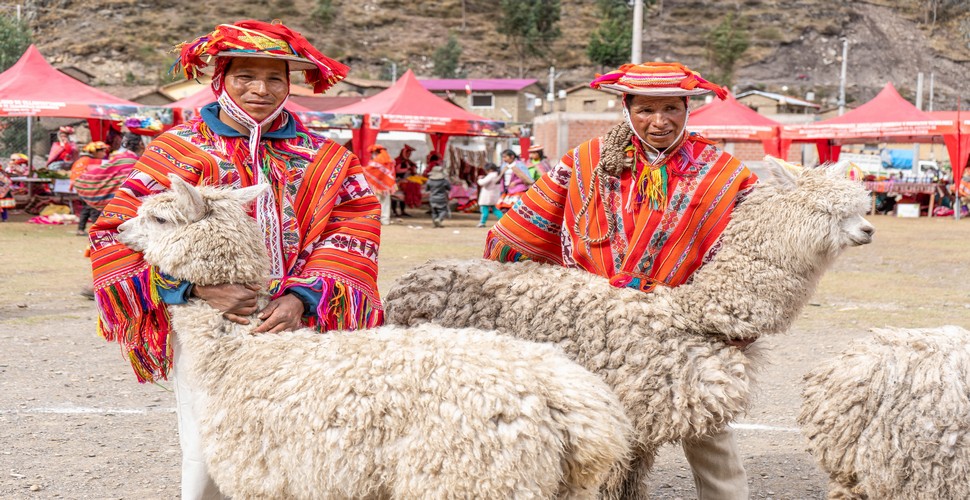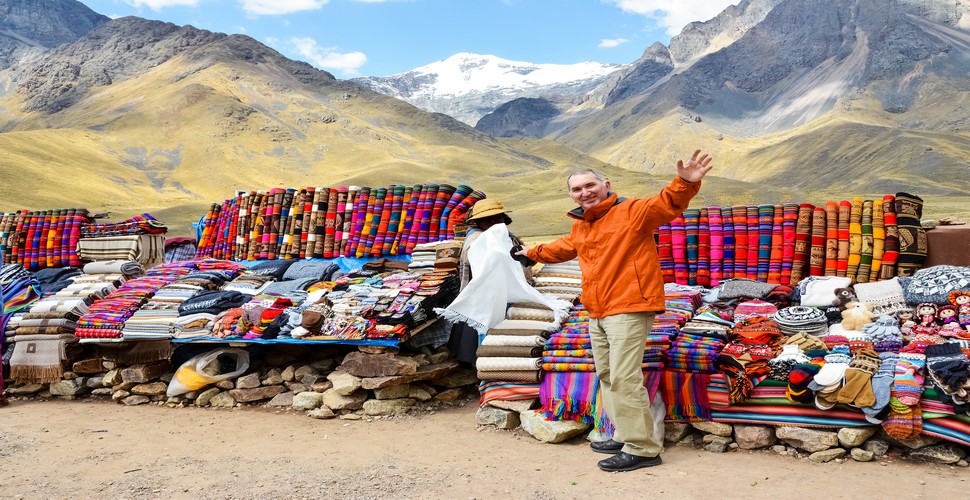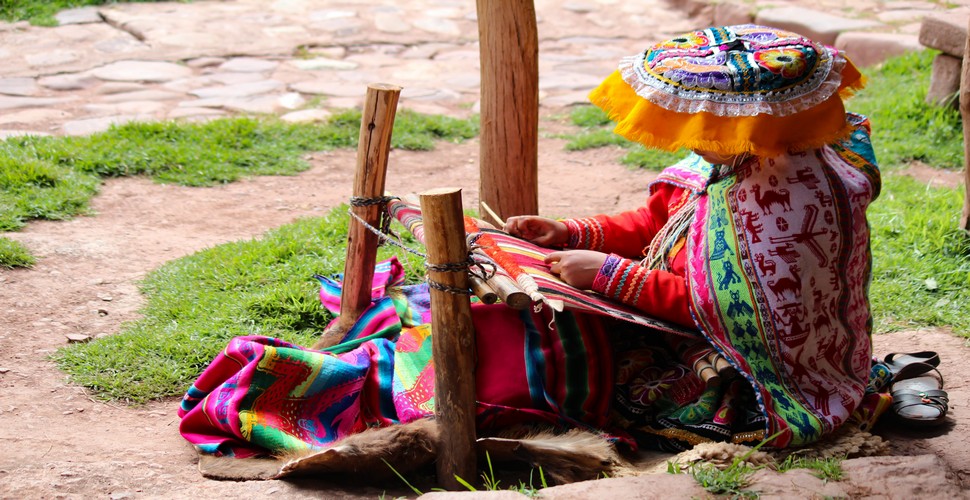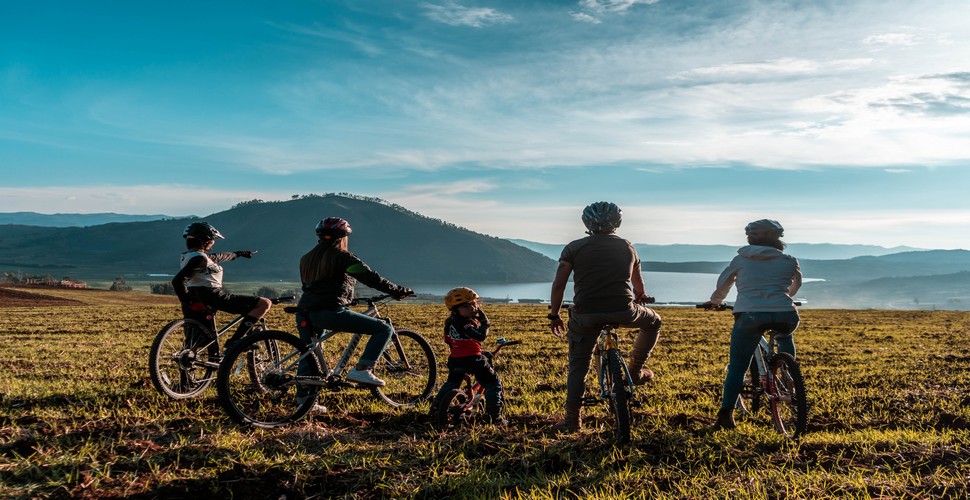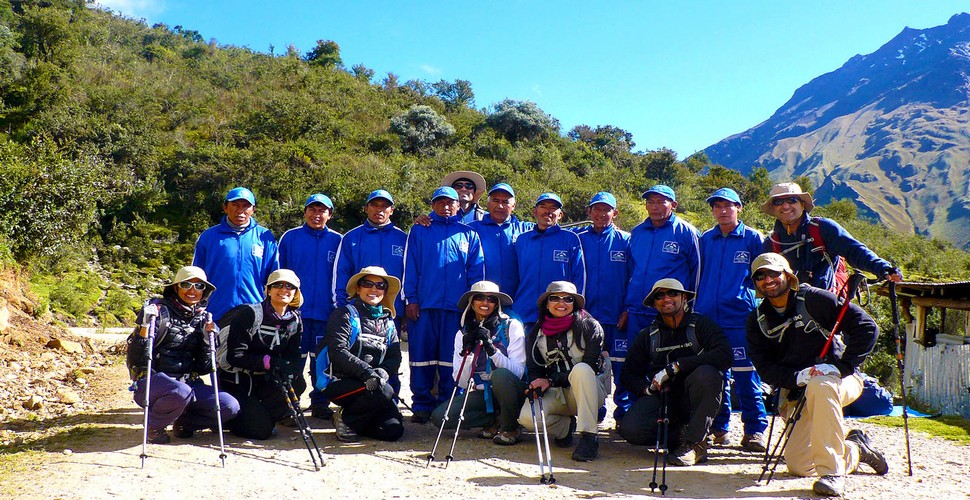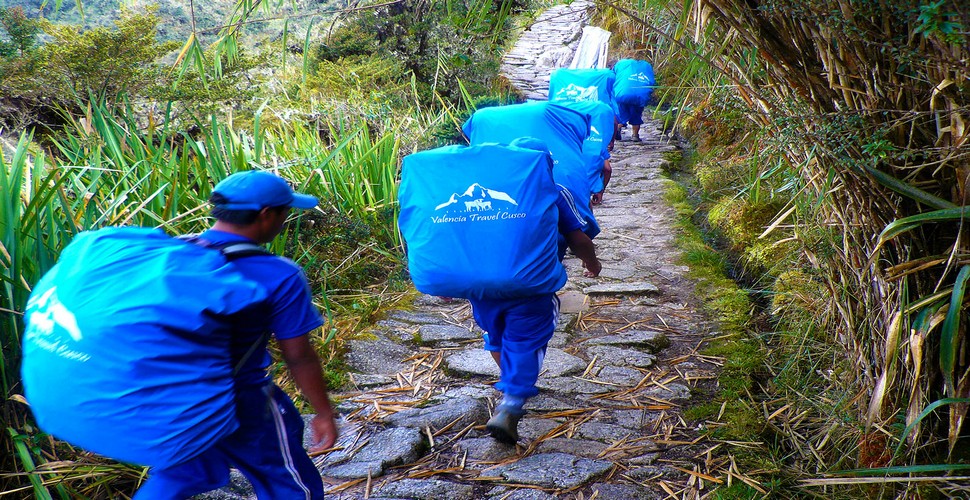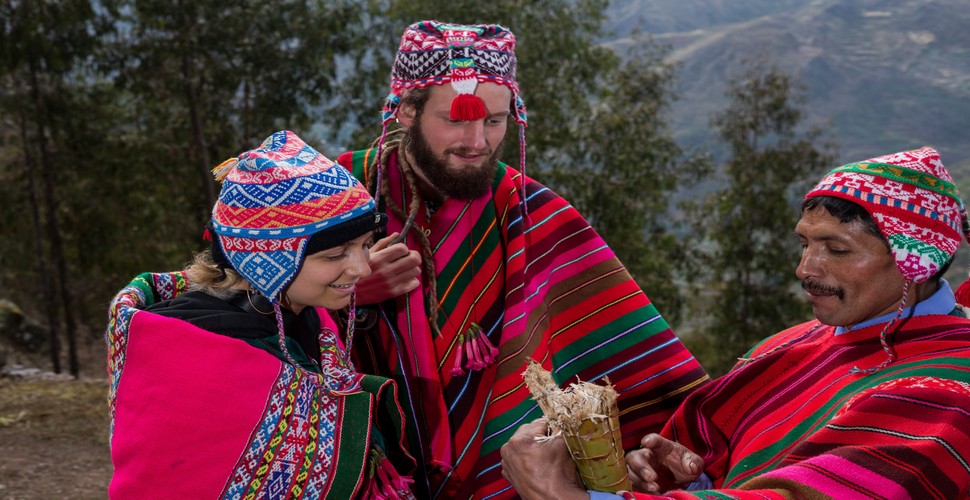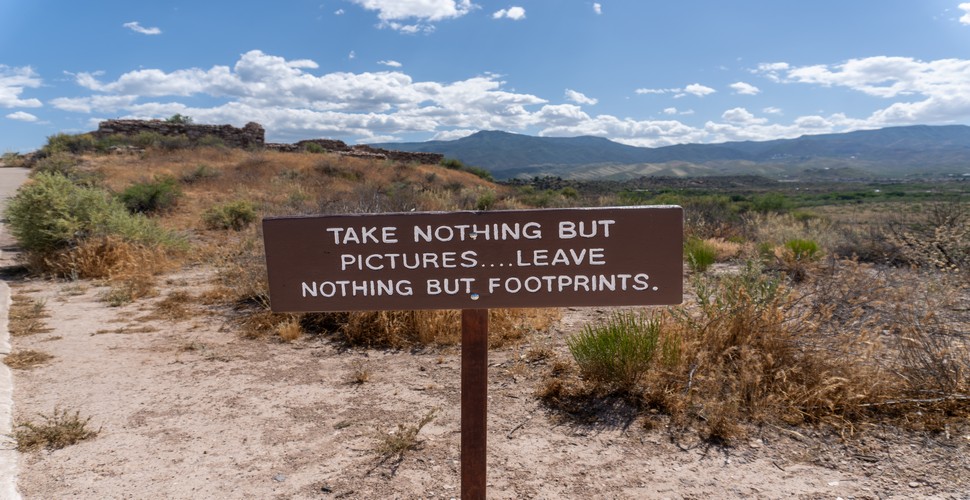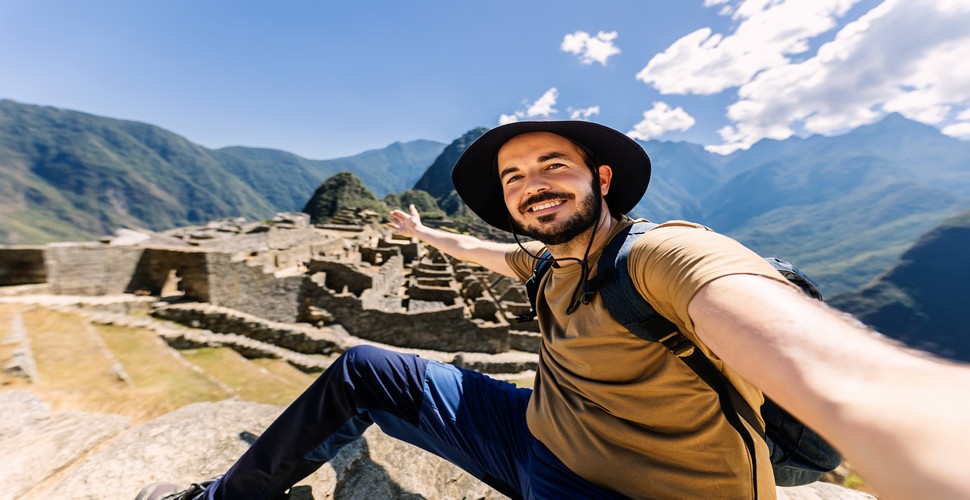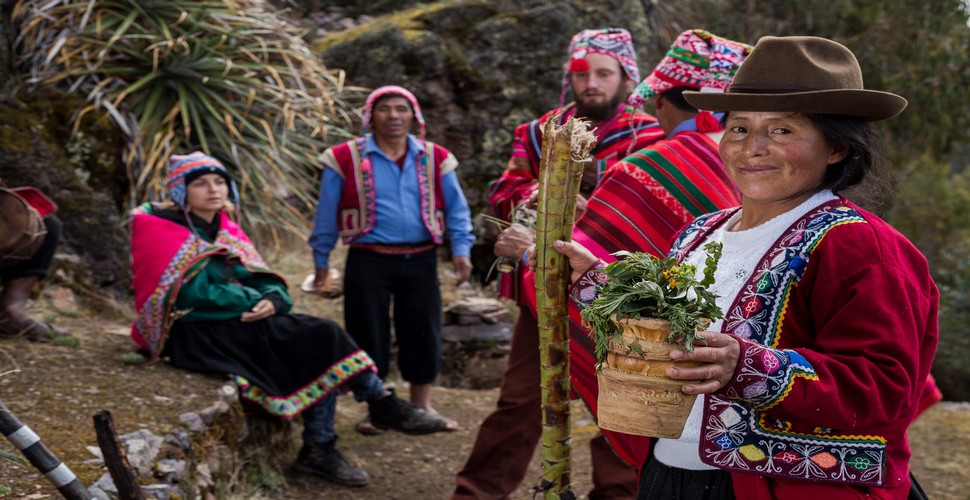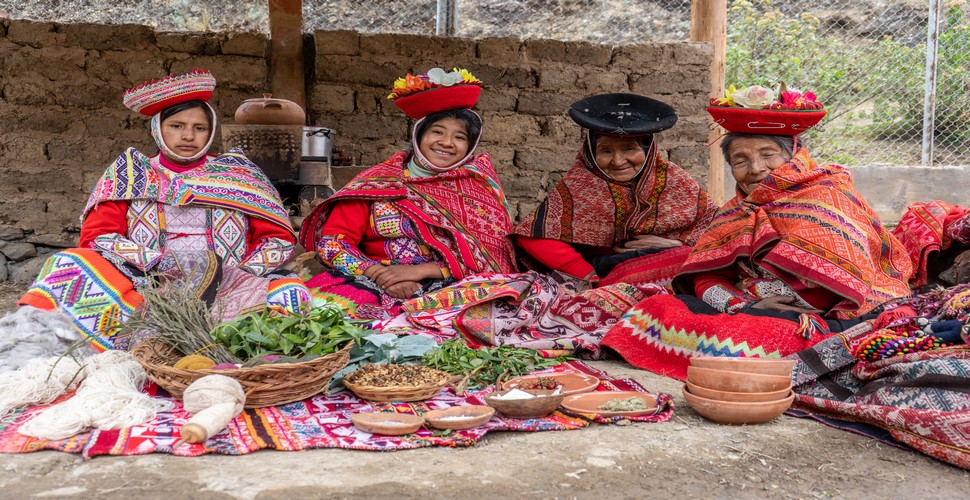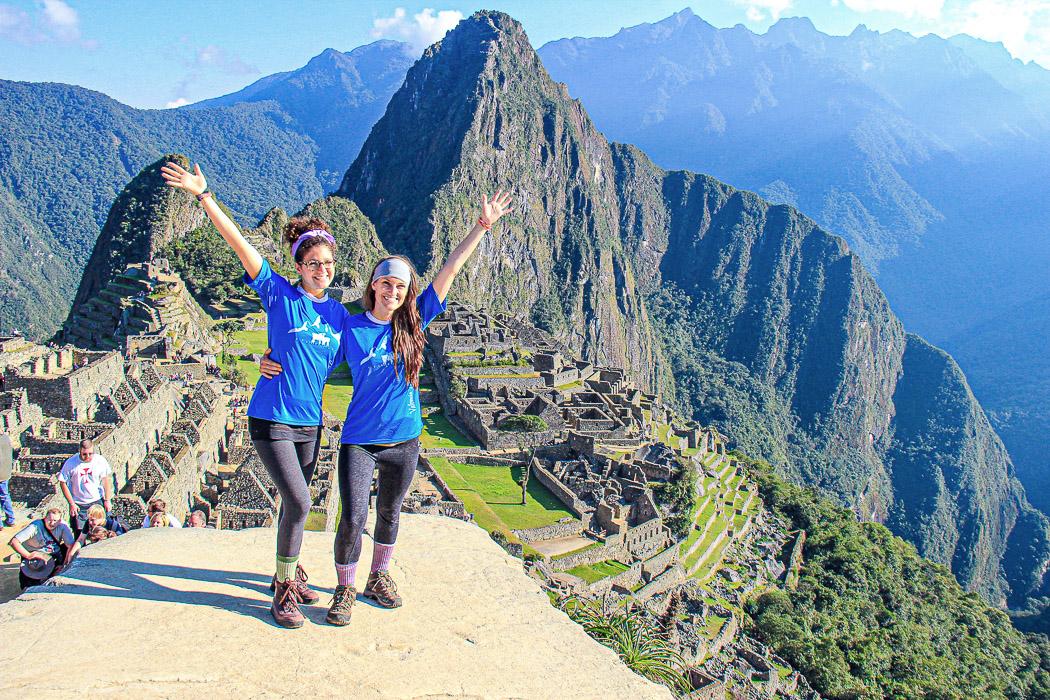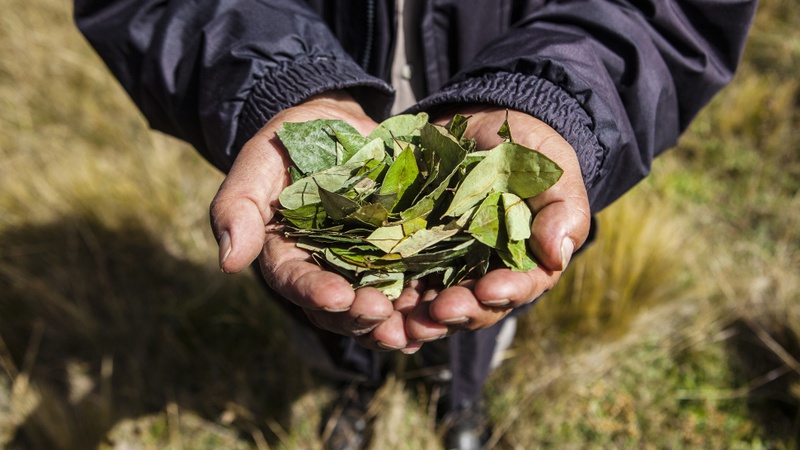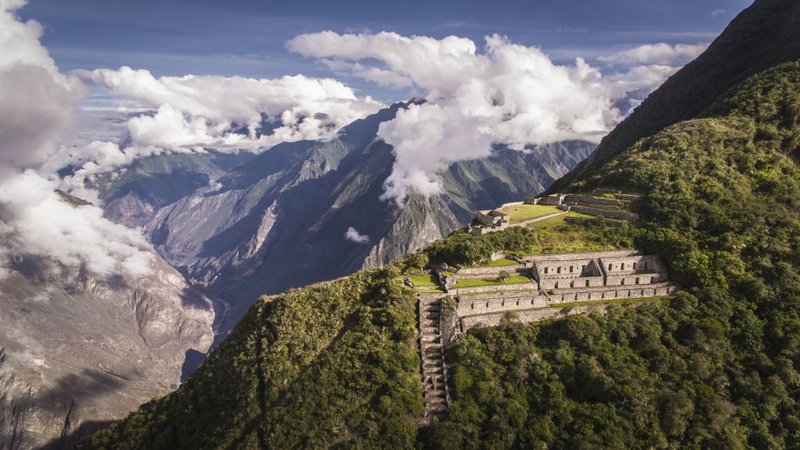
The Ten Commandments of Responsible Tourism
Written by:Valencia Travel
Last Update: 2025-01-04
In an era where global travel is more accessible than ever, the concept of responsible tourism has gained significant importance. The Ten Commandments of Responsible Tourism serve as a guiding light for travelers to make ethical and sustainable choices while exploring the world. Here we will delve into each commandment, shedding light on their significance, how they can be applied in Peru, and providing valuable insights for travelers who aspire to be conscientious global citizens. Peru's rich cultural heritage, stunning landscapes, and historical wonders have made it a popular destination for travelers from around the world, for many years now. As the number of tourists visiting Peru increases, it becomes essential for travelers to embrace responsible tourism practices. By understanding the significance of social responsibility and collaborating with local communities, travelers can play a vital role in promoting sustainable development and improving the quality of life for remote Andean communities. Lets delve into how travelers can contribute positively to Peru's communities through responsible travel. Read on for more information!
Local Indigenous Woman in Cusco
Respect Local Cultures and Traditions
Responsible tourists understand the importance of preserving and respecting the customs, cultures, and traditions of the destinations they visit. Embrace the opportunity to learn from local communities, engage in cultural exchanges, and leave a positive impression on the people you meet. Community Tourism activities, such as a homestay on Lake Titicaca, provide an excellent way to help families in a remote community and the proceeds from your stay go directly to the families who host you!
Local Fisherman on Lake Titicaca
Peru boasts a wealth of cultural heritage, from the ancient ruins of Machu Picchu to the vibrant traditions of indigenous communities. Responsible tourists respect the cultural norms and values of Peruvian societies, engaging in meaningful cultural exchanges that foster mutual appreciation and understanding. Collaborating with local cultural experts and organizations can contribute to the preservation and promotion of traditional arts, crafts, and practices. By supporting cultural initiatives, travelers actively play a part in safeguarding Peru's unique identity for future generations to cherish. For example, Valencia Travel includes a visit to the Huilloc weaving community on many of its tours, where travelers can interact directly with the local weavers and learn the ancestral weaving techniques that have been passed through generations.
Huilloc Country Fair
Minimize Your Environmental Footprint
One of the cornerstones of responsible tourism is minimizing the impact on the environment. Reduce waste, conserve resources, and choose eco-friendly transportation options whenever possible. Opt for accommodations that have sustainable practices, such as recycling programs and energy-efficient systems. In the Peruvian Amazon, you can stay in a number of eco-lodges where you can protect the environment as well as local economies by choosing these eco-friendly lodges that take care of the environment and avoid pollution in this pristine habitat.
Eco Lodge in The Peruvian Amazon
Support the Local Economy
Choose to spend your money wisely by supporting local businesses, artisans, and markets. Peruvian communities are deeply connected to their traditions and natural surroundings. Responsible travelers to Peru can play a crucial role in empowering these communities by supporting local businesses and initiatives. Patronize locally-owned restaurants, hotels, and shops to ensure your travel dollars contribute to the economic growth and stability of the community. In Peru, buy your souvenirs in local Andean communities directly from the artisans who make them and ensure that the money you pay goes directly to the families in these rural remote regions of Peru.
Local Weavings at La Raya
Local Interaction in Cusco
Travelers visiting Cusco can engage with community-based organizations that promote skill development and education for the local workforce. Through our partnership and our connection with travelers, the Ccaccaccollo Women’s Weaving Co-op has been able to contribute to their families’ income and visitors can contribute to the socio-economic progress of this Andean Peruvian community and help enhance their livelihoods.
Ccaccaccollo Weaver
Respect Wildlife and Natural Habitats
Responsible tourists prioritize the welfare of animals and the preservation of natural ecosystems. Avoid activities that exploit animals for entertainment or disrupt their habitats. Seek out ethical wildlife experiences and follow guidelines for responsible wildlife viewing. Take a responsible tour of The Tambopata Reserve with Valencia Travel and listen to knowledgeable guides who will show you how to preserve the natural habitat of rare animal species as well as directly contribute to their welfare and protection, and how to be a perfect sustainable tourist.
Puma in The Andes
Peru's natural beauty is a marvel, encompassing the Amazon rainforest, the Andes Mountains, and the Pacific coastline. Responsible travelers recognize the fragility of these ecosystems and strive to minimize their environmental impact. Choosing eco-friendly tours and accommodations that prioritize sustainability is a significant step toward protecting Peru's biodiversity. Additionally, travelers can actively participate in conservation efforts, such as reforestation projects or wildlife protection programs. Through these collaborations, visitors can directly contribute to preserving the natural wonders that make Peru such a special destination. By booking a tour with Valencia Travel Cusco you can be sure in the knowledge that our tours have zero impact on the local environment and our priority is to protect local flora and fauna on all of our treks and tours.
Poison Dart Frogs in Tambopata
Practice Sustainable Transportation
Opt for eco-friendly modes of transportation such as walking, biking, or using public transportation whenever possible. When long distances are involved, consider carbon-offset programs or choose airlines with firm sustainability commitments. Peru is the center of South American hiking. Take a lesser-known trail such as The Choquequirao trek with Valencia Travel Cusco to help preserve the more tourist destinations such as Machu Picchu, which are affected by "over-tourism".
Cycling in The Sacred Valley
Reduce Plastic and Single-Use Items
Plastic pollution is a global crisis, and responsible tourists do their part to combat it. Bring reusable items like water bottles and shopping bags, and say no to single-use plastics. Participate in beach clean-ups and community efforts to tackle plastic waste. In Peru you can fill your water bottle with purified water in all hotels, so make sure you bring your refillable water bottle!
Refillable Water Bottle
Travel Ethically
Choose A Sustainable Tour Operator
When planning your trip to Peru, opt for tour operators such as Valencia Travel that prioritize sustainability and responsible tourism practices. Look for those who follow ethical guidelines, focus on minimizing their environmental footprint, and support local initiatives. Responsible tour operators often provide educational experiences that foster an understanding of the local culture and environment. Research their commitment to sustainability, ethical labor practices, and community engagement. Ensure that your excursions and tours align with responsible tourism principles dictated by the local government.
Valencia Travel
Porters Rights
If you are planning to trek along the Inca Trail to Machu Picchu, select a tour operator such as Valencia Travel that values and respects the rights of porters. Ethical tour companies ensure that porters are treated fairly, paid decent wages, provided with proper equipment, and work in safe conditions. They limit the weight porters carry and prioritize their welfare throughout the journey.
Respect Porters Welfare
Collaboration with Local NGO´s
Peru, like many countries, faces social challenges and inequalities. Responsible tourism can be a catalyst for positive change by promoting social inclusivity. Travelers can actively support projects that aim to improve access to education, healthcare, and basic amenities for marginalized communities. Engaging with local NGOs and social enterprises allows travelers to gain insight into the real-life struggles and triumphs of Peruvians. By actively collaborating with these initiatives, tourists can help uplift communities, fostering an environment where everyone benefits from the tourism industry's growth.
Local Interaction
Learn and Educate
Responsible tourists are lifelong learners. Take the time to educate yourself about the destinations you visit, their history, and current challenges. Share your knowledge and experiences with others to inspire more responsible travel. Tell your friends about the sustainable practices you experience on a Valencia Travel tour or trek.
Leave Only Footprints
Practice Responsible Photography
Respect the privacy and dignity of local residents by asking for permission before taking their photos. Avoid intrusive or disrespectful photography, especially in sacred or sensitive areas. Use your camera as a tool for cultural appreciation, not exploitation. Avoid taking photos of the children in traditional dress with their fluffy llamas in the city of Cusco. These animals should be in their natural environment and not in the city posing for photos.
Machu Picchu Selfie
Be Mindful of Water and Energy
Conserving water and energy is essential in destinations facing resource scarcity. Use resources sparingly in accommodations, and be mindful of your consumption. Simple acts like turning off lights and using less water can make a significant difference. Climate change is a worldwide issue and no more so in Peru where the glaciers are receding and the ice caps are melting.
Save Electricity
As you set out on your trip to Peru, remember that you have the power to make a positive impact on the communities you visit. Responsible tourism in Peru is about forging connections, preserving cultural heritage, protecting the environment, and promoting social inclusivity. By collaborating with local Peruvian communities and supporting sustainable initiatives, travelers can contribute to the country's sustainable development and the improved quality of life for its people. Let your travel experiences in Peru be a testament to the positive change that responsible tourism can bring, leaving a lasting legacy of shared growth and mutual respect. Find out more here about how by booking a trip with Valencia Travel Cusco, you are directly contributing to local Andean communities.
Living Culture
The "Ten Commandments of Responsible Tourism" serves as a moral compass for travelers seeking to make a positive impact on the world. Responsible tourism is not only about exploring new places but also about preserving them for future generations. By adhering to these ten commandments, travelers can foster a culture of sustainable and ethical tourism, ensuring that their adventures benefit both the destinations they visit and the global environment as a whole. Embrace the responsibility of being a conscientious global citizen, and let your travels leave a legacy of positive change. Find out more about how to be a responsible traveler here!
 Aventure
Aventure
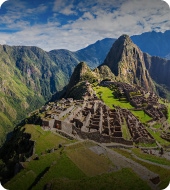 Cultural
Cultural
 Gastronomy
Gastronomy
 Wellness
Wellness
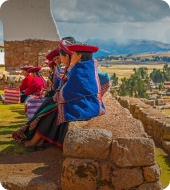 Local Living
Local Living
 Luxury
Luxury
